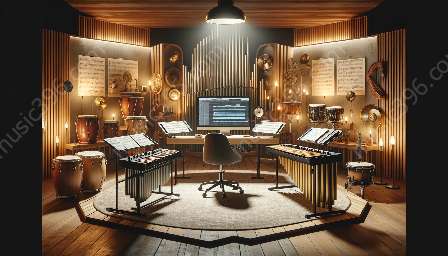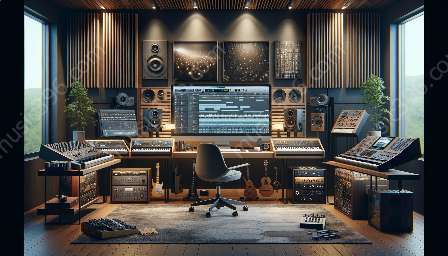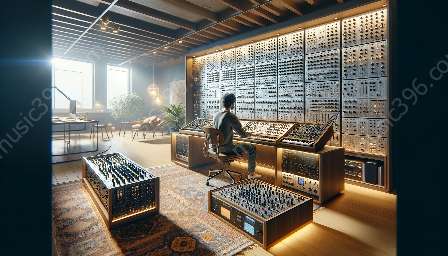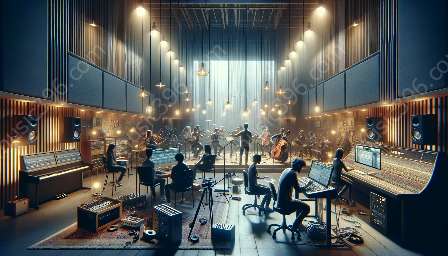Creating music for live performance involves a unique set of psychological factors that influence the composer's process. This article delves into the impact of emotions, creativity, and performance anxiety on live performance composition.
The Influence of Emotions
Emotions play a significant role in the composition process for live performance. Composers often draw upon their own emotional experiences to convey a specific mood or atmosphere in their music. This emotional connection can be a powerful driving force behind the creative process, leading composers to explore complex feelings and translate them into musical expression.
Furthermore, the experience of performing live can evoke a range of emotional responses in composers. The anticipation, exhilaration, and vulnerability of live performance can shape the creative choices made during the composition process, as composers envision how their music will resonate with live audiences.
The Role of Creativity
Creativity is at the heart of live performance composition, as composers strive to craft original and engaging music that captivates audiences. The psychological aspect of creativity involves a delicate balance between inspiration and discipline. Composers often grapple with the challenge of channeling their creative impulses while adhering to structural considerations and the demands of the performance context.
Moreover, the process of composing for live performance demands an acute awareness of the interactive dynamics between musicians and audience. Composers must harness their creativity to anticipate and accommodate the live elements of communication, spontaneity, and improvisation, ensuring that their compositions are tailored to the unique performance environment.
Navigating Performance Anxiety
Performance anxiety can exert a profound psychological influence on the composition process for live performance. Composers may experience a sense of pressure and self-doubt as they anticipate how their music will be received in a live setting. This emotional and psychological burden can impact the compositional decisions, leading to adjustments in the music's intensity, complexity, or emotive content in response to performance-related stress.
Furthermore, the fear of potential mistakes or shortcomings during live performance may prompt composers to adapt their compositions to mitigate the perceived risks. This psychological aspect of performance anxiety can fuel a meticulous attention to detail in the composition process, as composers strive to create music that aligns with their vision and minimizes the impact of performance-related stress.
Conclusion
Composing music for live performance is a rich and dynamic process shaped by an intricate interplay of psychological factors. Through the lens of emotions, creativity, and performance anxiety, this exploration highlights the profound impact of psychological elements on the composition of music intended for live presentation.




























